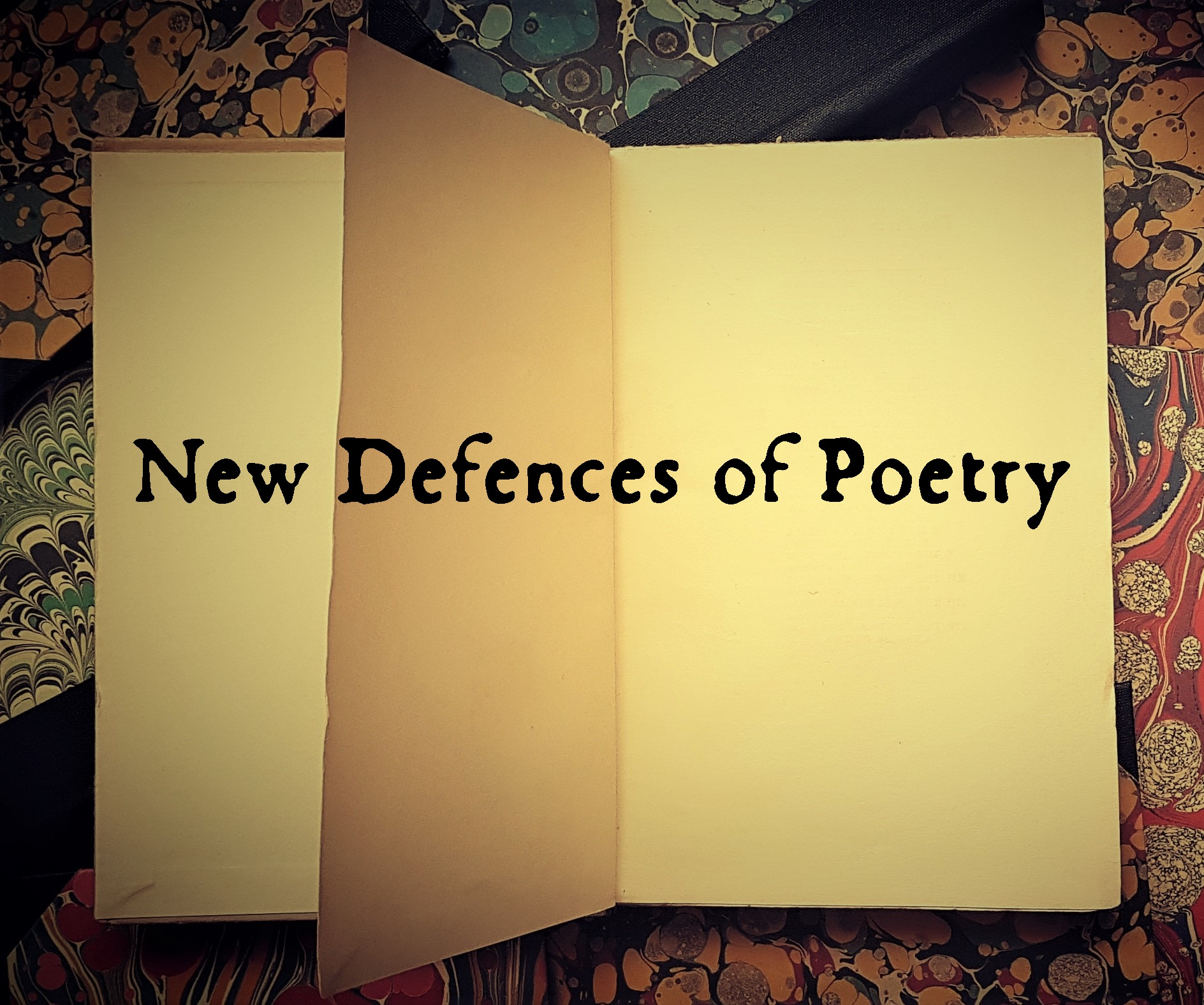Jeremy Wikeley
Some of poetry’s most passionate defenders are its own worst enemies. Overstating the case for poetry risks narrowing its appeal, whether indirectly, through ineffective publicity, or directly, by limiting our understanding of what poetry is. I recognise this claim is slightly counter-intuitive. The form’s very marginality seems to demand a bold defence: the smaller the number of enthusiasts, the greater the intensity of the attachment (it might as well be a law of physics).
Poetry is not only marginal compared to other art and entertainment, like films and music: it is neglected by regular readers, who we might expect to be most primed to hear the case for the defence. One result is poetry’s advocates often look for reasons which are familiar from other kinds of writing, and which are thus external to the form itself. For instance, we are often told poetry builds empathy, or gives people a voice, or reflects our experiences. These are all true and all cases worth making (Roger Robinson, memorably, calls poetry an ‘empathy machine’). Yet for the new reader who does not think poetry is for them, and who does not know how to approach a poem, it is not obvious why they should take a punt on poetry, when they are surer of those same needs being met by a novel or a piece of music.
Claims for poetry’s uniqueness are not always any more effective. In The Hatred of Poetry, the American poet, author, and critic Ben Lerner makes the case for poetry on the grounds that it is the form most familiar with a special kind of failure: failure to fulfil the promise of a profound aesthetic moment that unites an individual’s experience with an ideal, universal community. Poetry, he explains, draws attention to art’s inability to fulfil these ambitions and the disappointment that follows. Poetry’s recognition of this failure, in turn, creates a space for genuine “love”.
Lerner opens the argument with a populist appeal: he recognises that many people ‘hate’ poetry, sympathises with that hatred, and finds in it the true source of poetry’s power: its failure to achieve a desired effect. But many people already associate poetry with failure: their own failure to understand or appreciate it. It is not clear whether telling people failure is the whole point of the exercise is going to enamour them to it — after all, to understand how something fails, you still have to understand how it works. Focussing on the effect takes the form itself for granted: the critical equivalent of pulling up the ladder behind you.
My problem with this argument (hate is a strong word, but it should be clear by now that I do not exactly like it) is not just that it is bad advertising, or indicative of a kind of creeping solipsism which many have recognised as the probably inevitable side-effect of poetry’s ever-increasing institutionalisation (in the UK and the US especially) but rather with what Lerner is advertising in the first place. Poems do not aim at one outcome: they can do all kinds of things. Sometimes, like Philip Larkin argued, a poem bottles up an experience or feeling, and not all feelings are universal: some may be more so than others, but a poet may also want to draw attention to an experience which has been marginalised or neglected. Some poets are concerned with the particularity of language: they want to capture the words and phrases being used around them. Language certainly isn’t universal: for many, poetry is an effort to protect ways of speaking which are under threat of extinction. A poem might tell a story, or build empathy, or provide a voice. It might even be satirical or silly or moral or philosophical. Or all those things. Poems today are often about history, identity, and memory.
Lerner’s mistake is to believe there must be such a thing as a universal response to art in the first place, whether the impossible desire of universal communion he (rightly, I think) rejects as ethically and politically suspect, or the recognition of the failure of that desire he defends as poetry’s justification and source of wisdom. Poetry encompasses all the motivations which drive people to any kind of literature or song – story, humour, play, beauty, memory, entertainment, knowledge, moral outrage – and there will be as many responses as there are readers. Ultimately, what makes it worth your while going to a poem for those things, as opposed to anything else, is the way it is put together, the cumulative effects of the choices the poet made while writing. Not knowing why poems are put together the way they are is also what puts most people off.
Works Cited
Lerner, Ben. The Hatred of Poetry. Fitzcarraldo Editions, 2016.
Robinson, Roger. ‘Poets can translate trauma’. Interview with Roger Robinson. Guardian, 13 Jun 2020. https://www.theguardian.com/books/2020/jun/13/roger-robinson-poets-can-translate-trauma. Accessed 05.06. 2021.
Jeremy Wikeley lives in London, where he works at a small arts/literature charity. His blog is theleftmargin.com and his Twitter is @wikeleyj31.
